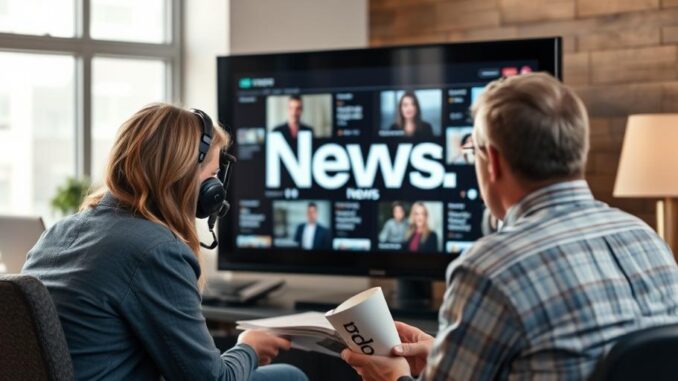
Summary
This article discusses the rising trend of parents accepting HPV vaccinations for their children aged 9-10. It explores the reasons behind this shift, focusing on the emphasis on cancer prevention rather than sexual activity at this age. The potential benefits of early vaccination and its impact on public health are also highlighted.
** Main Story**
Okay, so, parental attitudes towards the HPV vaccine? They’re changing, and it’s actually pretty cool to see. More and more parents seem to be on board with getting their kids vaccinated as young as 9 or 10. And, honestly, it’s a big win for preventative care, you know? Thinking long-term, it could really make a dent in HPV-related cancers.
Shifting the Focus: Cancer Prevention
What’s driving this shift? Well, it seems like it’s all about how we frame the conversation. Research is showing that when you move the focus away from sexual activity and toward cancer prevention, things change. When you’re talking to parents of 9 and 10-year-olds, cancer is a much easier topic than, you know, teen stuff. It’s less sensitive, less awkward, and leads to better discussions between doctors and parents. Which, you know, is kind of a no-brainer.
I remember when my niece turned nine and my sister, who’s normally super on top of things, was totally stressing about ‘the talk.’ Maybe framing it this way could’ve eased her anxiety. And, you know, helped protect her daughter in the long run.
Why Early Vaccination Rocks
Let’s face it, starting the HPV vaccine early, around 9 or 10, has some serious advantages:
- Better Immune Response: Apparently, kids’ immune systems respond really well at that age. They build stronger defenses. It’s like their bodies are primed and ready to fight.
- Simpler Schedule: This is a huge perk. If you start before 15, you only need two doses instead of three. Two doses! That makes life easier for everyone, especially when you consider how crazy those teen years can get.
- Easier Doctor Visits: Imagine streamlining those checkups. Less time spent on vaccine discussions, more time for, you know, everything else. Healthcare providers can focus on other stuff, and parents aren’t overwhelmed.
Tackling Hesitation
Now, not everyone is jumping on board. There’s still some hesitation out there. Some kids are expecting a vaccine-free visit at 9, and yeah, they push back. But, generally, it’s about the expectation of no shot, not about some deep-seated fear of the vaccine itself. It’s more of a ‘Ugh, I didn’t want a shot today!’
A Healthier Future
If we can get more young kids vaccinated, the implications for public health are pretty huge:
- Lower HPV Rates: Think herd immunity, but for HPV. More kids vaccinated means less HPV floating around, protecting everyone.
- Fewer Cancers: This is the big one. Early vaccination could seriously reduce HPV-related cancers. That means longer, healthier lives for so many people. Who wouldn’t want that?
Looking Ahead
Honestly, the growing acceptance of early HPV vaccination is really encouraging. It’s a sign that we’re moving in the right direction. Of course, we need to keep the research going and keep educating parents and healthcare providers. Also, we need to keep pushing that clear, simple message: this is about cancer prevention, not just something “teenagers do”.
And sure, things might change. New research could come out, perspectives might shift. As of today, June 23, 2025, this is where we stand. But, you know, we’ll keep learning, keep adapting, and keep working towards a healthier future for everyone.


Framing the HPV vaccine as cancer prevention, rather than focusing on sexual activity, seems to significantly reduce parental anxiety and improve vaccination rates. Could similar reframing strategies be effective for other adolescent vaccinations with perceived sensitivity?
That’s a fantastic point! Thinking about applying this “reframing” strategy to other adolescent vaccines with perceived sensitivities is definitely worth exploring. Perhaps framing the meningitis vaccine as a way to protect future academic success or athletic performance could be effective? What are your thoughts on that approach?
Editor: MedTechNews.Uk
Thank you to our Sponsor Esdebe
Given the success of framing the HPV vaccine around cancer prevention, could similar approaches be trialed with other health interventions that face public hesitancy due to perceived associations or sensitivities?
That’s a really insightful question! I agree that exploring similar reframing for other health interventions is crucial. Perhaps focusing on the long-term cognitive benefits of certain childhood vaccines, linking them to future academic or professional success, could resonate with parents? It’s all about finding the right angle!
Editor: MedTechNews.Uk
Thank you to our Sponsor Esdebe